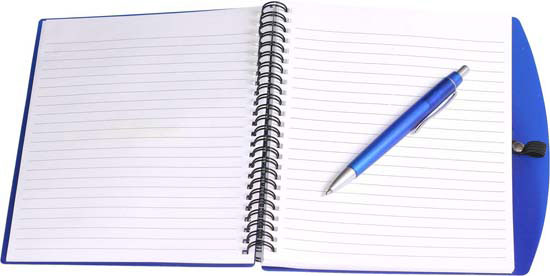Few things in life are predictable, and even if you’re playing a tournament at a course that you’ve been to dozens of times, any number of things can happen to throw you off your game. While players typically have a good sense of control over their disc selection and the shots they choose, you can’t be overly prepared when it comes time to compete.
In addition to playing a few practice rounds and spending time warming up the morning of, how else can you improve your game? The concept of taking course notes is one that can truly change the outcome of your rounds, so let’s get a better understanding of just what you should be jotting down.
Notes 101
Course notes don’t have to be fancy – in fact, you can purchase an inexpensive notepad and jot down just the essentials as you play your practice round. What exactly should you be writing down? Some of the items to pay attention to include:
- Which discs to use on each hole
- Specific OB areas to keep in mind
- Notes about potential wind issues on certain holes
- Reminders about how your discs skip, or don’t, on certain parts of the course
- Hole lengths along with notes to disc up or down depending on elevation
- Landing areas to consider that will affect layups or trying to reach the green
You may not see people taking notes often, but our own DUDE Ambassador KJ Nybo is famous for it. He’ll arrive at tournaments days in advance and spends time playing and just walking the course while taking tons of notes.
Making A Difference
So how exactly do these notes translate when it’s go time? By having a specific plan of action in writing, you’re much more likely to play smart golf instead of being swayed by emotions. If you’re under pressure during your round, your decision-making ability may be hindered. Those who have carefully crafted notes for each hole know exactly what to do no matter what else is going on.
Sometimes watching the shots of others on your card may influence you to change up your game plan, but again, referencing your notes can clue you into what will best suit your game. Perhaps one of the only variables to take into consideration is the element of wind, and depending on the current course conditions, you may choose to stray away from your game plan just a bit.
For a casual player, the idea of taking notes might be overkill, and if you’re playing in a tournament simply to have fun, you might be right. Yet when money or bragging rights are on the line, you can never be over prepared. The next time you have an event coming up, try taking course notes and see how often you reference them during your rounds. After using this method a few times, we’d bet that you show up feeling more confident and end up with better results.








Leave A Comment